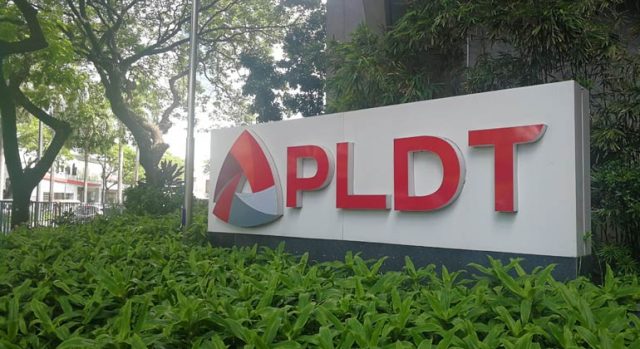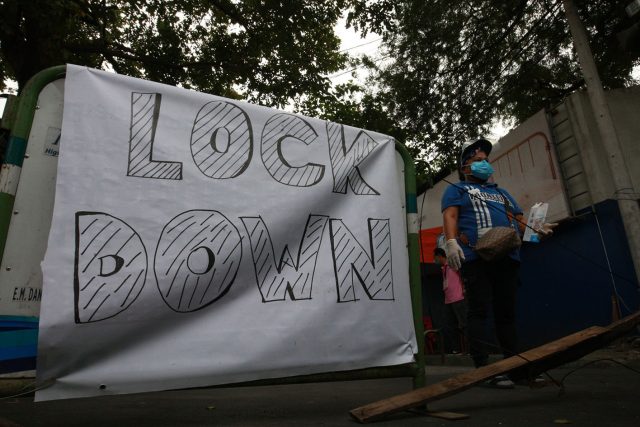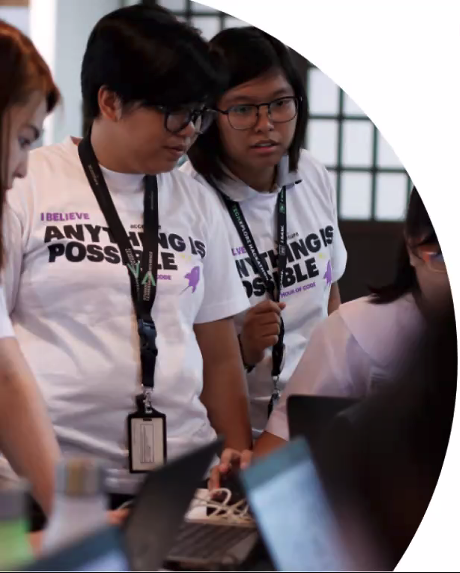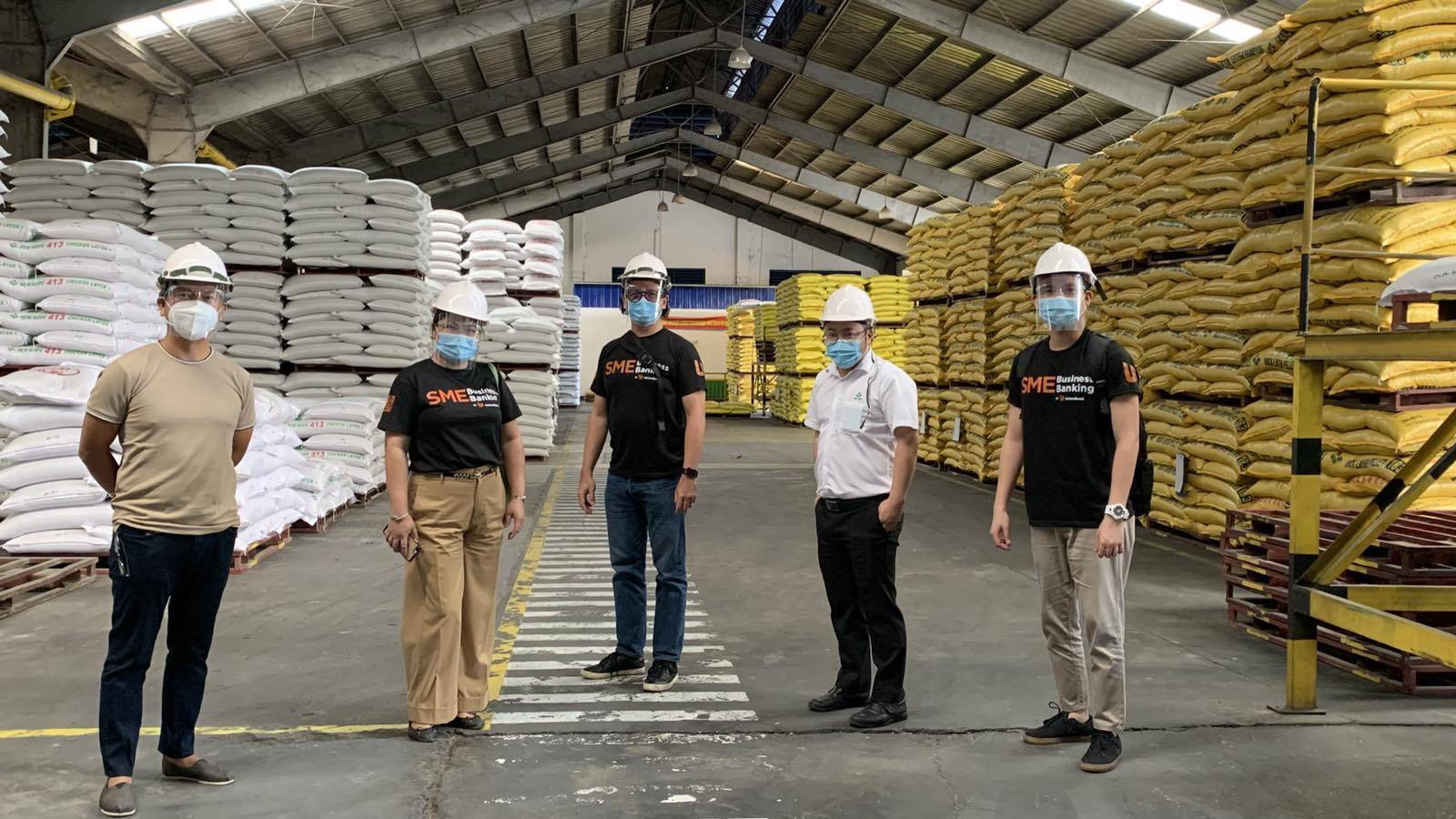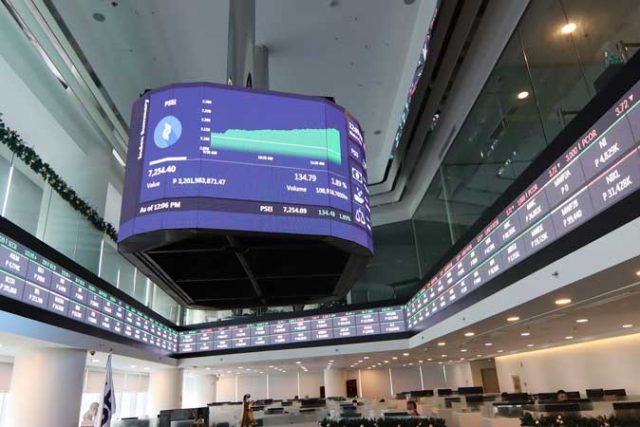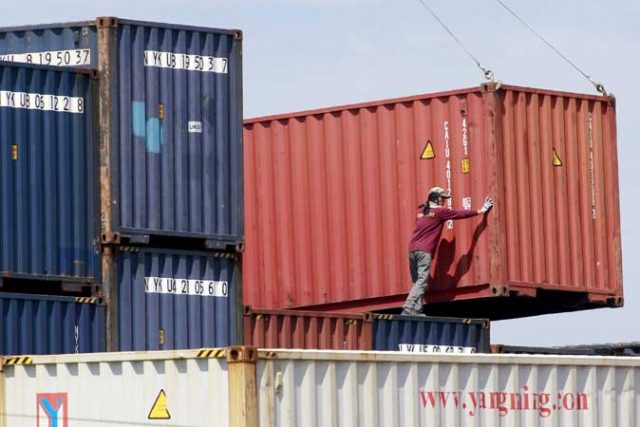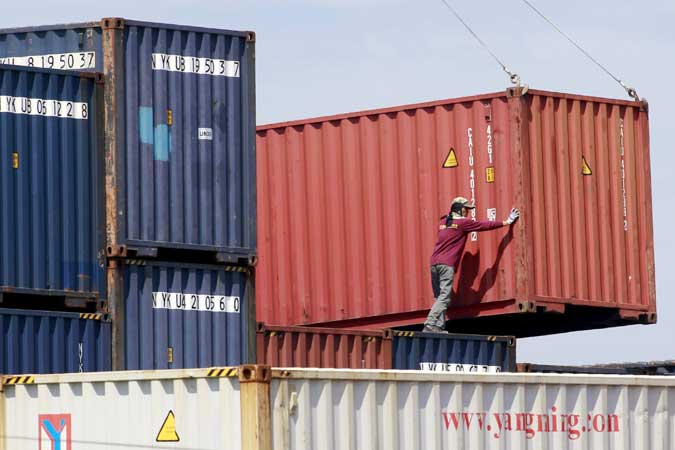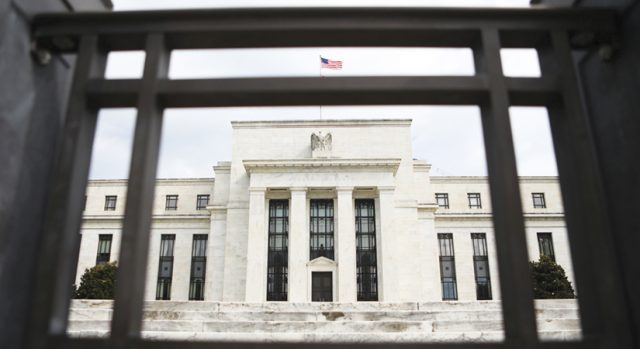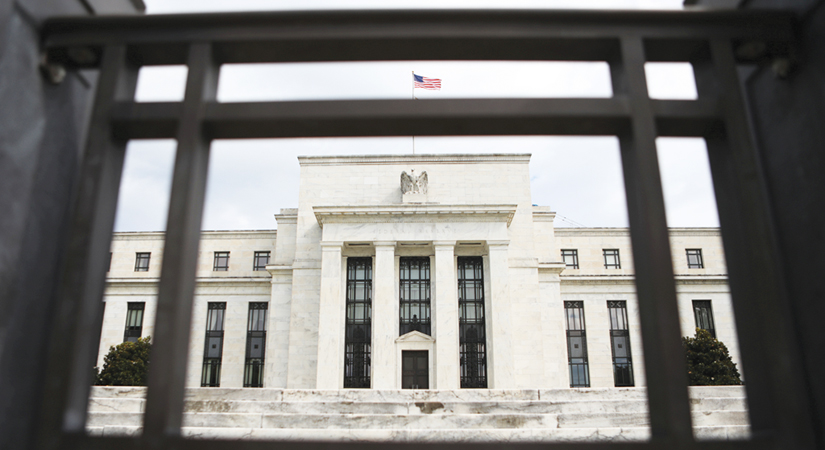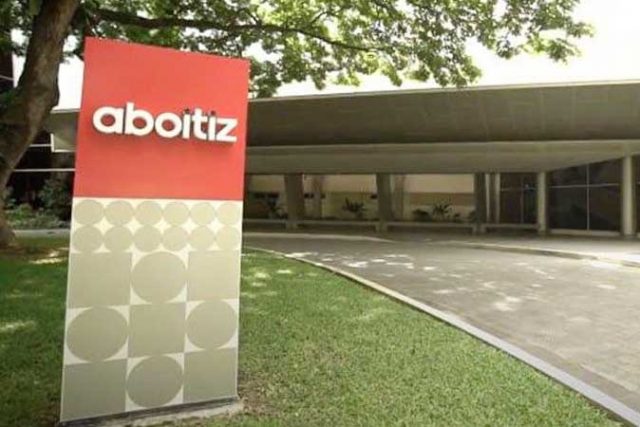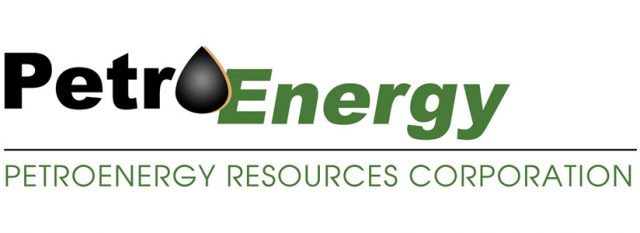ABOITIZ Equity Ventures, Inc. (AEV) posted a 159% year-on-year increase in its consolidated net income for the second quarter to P4.9 billion on the back of its business segments’ robust contribution.
AEV said in a stock exchange disclosure on Thursday that it recognized one-times gains of P49 million during the period, against P242 million a year earlier, for the revaluation of dollar-denominated assets.
“Without these one-off gains, the company’s core net income for the second quarter of 2021 was P4.9 billion, a 194% increase year on year,” it said.
Consolidated earnings before interest, tax, depreciation, and amortization (EBITDA) rose 29% to P14.3 billion.
In the first half, AEV’s net income rose 243% to P13.5 billion against P3.9 billion in the same period last year. It recognized nonrecurring losses of P169 million for the period, up from P20 million last year, as a result of the goodwill write-off related to City Savings Bank, Inc.
Sabin M. Aboitiz, AEV president and chief executive officer, said the group’s first-half performance “is a solid foundation for optimism” that the country is heading towards economic recovery.
“However, we know the coronavirus disease 2019 (COVID-19) Delta variant remains a very real threat, so we have to be cautious in our next steps,” he said in the disclosure.
AEV said that without the one-off losses for the period, its core net income for the first half was P13.6 billion, a 246% increase year on year. It also said that consolidated EBITDA rose 43% to P32.8 billion.
Among its business units, Aboitiz Power Corp. made up 53% of the total income contributions, followed by financial services at 28%, infrastructure at 9%, food at 7%, and real estate at 3%.
In a separate disclosure on Thursday, AboitizPower said it posted a 136% increase in its consolidated net income for the second quarter to P4 billion. The company recognized nonrecurring gains of P34 million, down from P251 million in the same period a year earlier.
Without the one-off gains, core net income for the second quarter was P3.9 billion, 175% higher year on year.
“This was due to commissioning revenue from the company’s new facility, GNPower Dinginin Unit 1, as well as higher water inflow, higher demand, and higher Wholesale Electricity Spot Market (WESM) dispatch in compliance with the must offer rule,” AboitizPower said.
For the first six months of the year, AboitizPower recorded a P171% increase in its net income to P10.1 billion.
The company recognized nonrecurring gains of P5 million, lower than P224 million previously, due to net foreign exchange gains on the revaluation of dollar-denominated liabilities.
Emmanuel V. Rubio, AboitizPower president and chief executive officer, said higher energy demand due to the easing of pandemic-related restrictions helped the company’s financial performance.
“Later this year, GNPower Dinginin Unit 1 will begin commercial operations and deliver the much-needed additional capacity to the Luzon grid. In the next 10 years, our focus will be to grow our Cleanergy portfolio to 4,600 megawatts (MW),” Mr. Rubio said.
“The significant growth of Cleanergy will bring our overall capacity to 9,200 MW by 2030, with a 50:50 balance between renewables and thermal,” he added.
Meanwhile, UnionBank of the Philippines’ income contribution to AEV for the first six months reached P4.2 billion, up 92% from the P2.2 billion. Its net revenues also rose 16% to P25.5 billion.
The combined first-half income contribution of AEV’s non-listed food subsidiaries such as Pilmico Foods Corp., Pilmico Animal Nutrition Corp., Pilmico International Pte. Ltd., and Gold Coin Management Holdings Pte. Ltd. improved 35% to P1.1 billion from P795 million in 2020.
Aboitiz Land, Inc. posted a consolidated net income of P385 million for the first semester, a turnaround from the P39-million net loss incurred last year.
Republic Cement & Building Materials Inc.’s income contribution to AEV reached P1.3 billion, recovering from the P10-million net loss a year earlier due to stronger market demand carried by the residential and infrastructure segments.
On Thursday, shares of AEV fell 1.25% or 50 centavos to P39.50 apiece, while stocks of AbotizPower rose 0.84% or 20 centavos to P24 each. — Revin Mikhael D. Ochave

